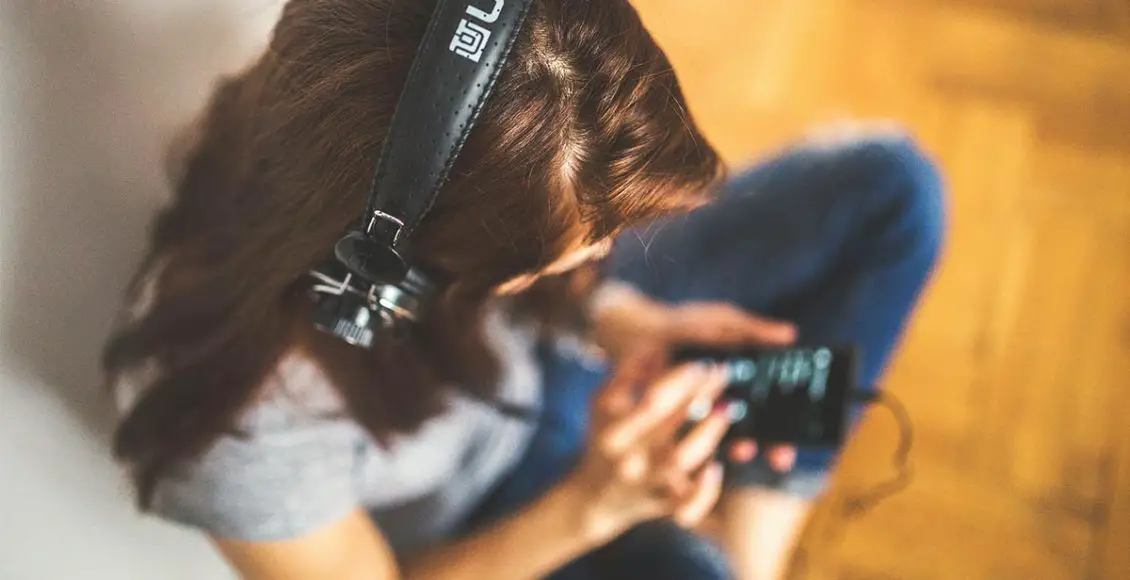When you picture a depressed person in your mind, you may see someone looking morose, tired, and perhaps listening to sad songs.
But why would a depressed person even want to listen to sad music? Wouldn’t it make them even sadder?
According to a new study, as with most things in life, it may be a little more complicated than that.
Picture this: you’re listening to some fun, upbeat songs, some of your favorite songs, while you’re at home hanging out. Suddenly, a sad song comes on and your mood does a 180. This is something we’ve all experienced some time or another, but according to a study published in the journal Emotion, sad songs like this may actually have the reverse effect on people with depression.
Depression is sometimes trivialized in popular culture, but in reality, it is a serious condition that affects millions of people around the world. Symptoms of depression can include a lack of energy, a lack of joy, difficulty concentrating, overall sadness, and in some cases, suicidal thoughts. Depression as an umbrella term encompasses other mood disorders as well, like post-traumatic stress disorder, postpartum depression, bipolar disorder, and anxiety disorders. It is far and away the most common disorder of the mind.
In the United States, depression is the leading cause of disability for people between the ages of 15 and 44 years old. Depression is the primary cause of suicide, which claims the life of an individual approximately every 13 minutes – about 41,000 people each year. Understanding depression and developing holistic, all-encompassing treatments for it is a high priority for many researchers.
Researchers at the University of South Florida, lead by Sunkyung Yoon, conducted a study that assessed the emotional music choices of 76 female undergraduate participants. 38 participants suffered from major depressive disorder, while the other 38 were a healthy control group. As you might expect, those with major depressive disorder were more likely to select music associated with negative emotions.
“The current study is the most definitive to date in probing depression-related preferences for sad music using different tasks, and the reasons for these preferences,” writes the research team.
Unlike previous studies conducted on this subject, researchers didn’t simply assess the music choices of the 76 participants but also asked why they selected the music they did. In doing so, they began to get a glimpse not just at the musical selections themselves, but the reasoning behind the choice and the potential impact on the listener.
The majority of the depressed participants who selected sad music did so because they found it relaxing, calming, and soothing.
Why exactly depressed participants found sad music to be so relaxing is not clear based on this study, but it does make sense if you’ve ever been depressed. Listening to upbeat music when you’re in a sad mood can be grating and feel wrong, whereas listening to sadder music may help you process the feelings you’re having. It’s all about listening to the music that feels most appropriate at the time.
This study did not feature an especially large sample – the experience of only 76 participants can only tell you so much. Yoon and his team acknowledge that this study probably just scratches the surface of how music impacts depression, and that more research is needed in order to better understand the correlation between depression and favoring sad music.
But the study marks an important step in understanding how depression and sad music relate to one another.
It is the first of its kind and, hopefully, more like it will be underway soon. Understanding the way sad music might impact our mood could help us create more holistic approaches to ending depressive symptoms.



